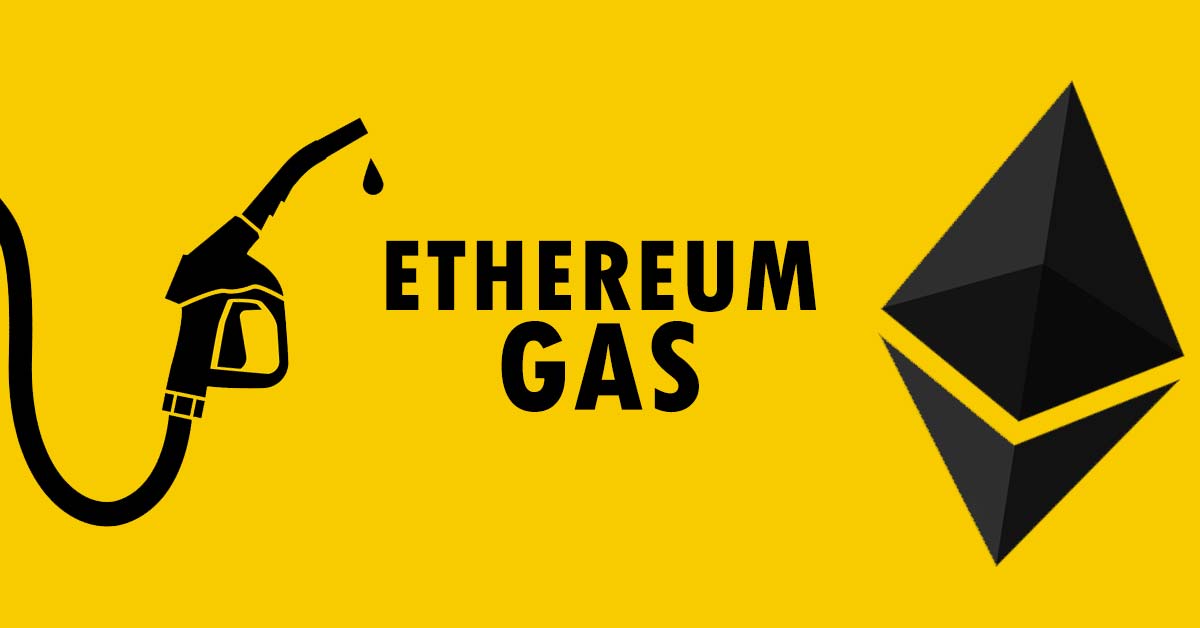The value of Ether jumps by more than 40% in one week. At more than $1000 per token, the price level is that of January 2018. However, the high volume of transactions again drives up fees, Ethereum’s recurring problem.
Investors are following Bitcoin’s historic highs on a daily basis. However, they do not neglect Ether, which also breaks records. In the space of a week, its value increased by more than 40%, propelling the cryptocurrencies to $1,150.
The last time Ether reached such a price was in January 2018, CoinDesk reminds us. “Although the Ether has not established a value reserve story, its relatively low price is becoming irresistible to Wall Street investors drunk with Bitcoin gains,” one trader said.
However, the token is still far from its historical January 2017 level of nearly $1,500. But Bitcoin’s records could help to further increase its price. The first of the cryptocurrencies exceeded its ATH in December. A record that also goes back to 2017.
However, this activity on the Ethereum blockchain is not without drawbacks. Transaction costs are again rising. And for the world of decentralized finance (DeFi), this is not an advantage.
According to YCharts, fees were rising to an average of 10 dollars on January 3. By Monday, January 4, with an Ether over $1,000, they were already over $17. With more than 90% of DeFi’s transactions based on Ethereum, this costly congestion is a hindrance.
But this is also the case in the NFT market, non-fungible tokens. In this context, the DeFi Aavegotchi project decided to postpone a launch. Ethereum’s congestion forced it to delay the release of a NFT collector’s game.
To avoid this in the future, the company is planning to migrate to a Layer 2 solution: “Aavegotchi in L2 means no gas charges, faster transaction confirmations and a great gaming experience,” it justifies.
The finalization of Ethereum 2.0 should also provide a more sustainable answer to this question of costs. Its phase 0 started at the beginning of December 2020. It will take at least another two years for ETH 2.0 to be fully functional.


